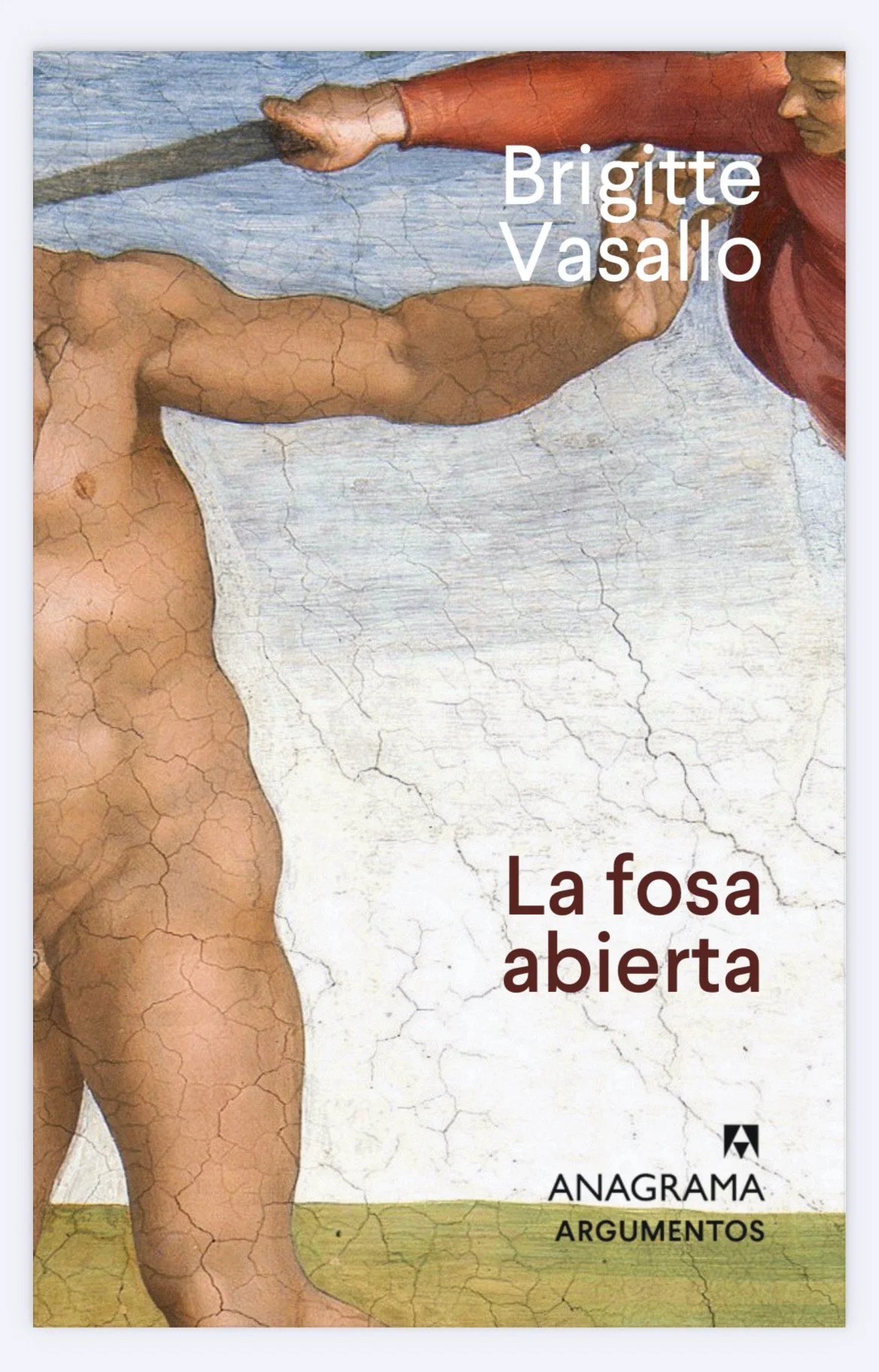La fosa abierta
Brigitte Vasallo
NONFICTION | 2026 | 195 pages
A deconstruction of the rural diaspora experience in southern Europe based on intimate family history.
In this book, Brigitte Vasallo challenges two silences: the silence of family history, one imposed by gender violence, and the silence of political history, imposed by the dictatorship and the Transition. A memory without a monument that begins in her family's place of origin, the Sierra de Chandrexa de Queixa, and expands to the margins of official history. Its focus is the dismantling of the pre-capitalist countryside in southern Europe with the arrival of the so-called economic miracles of the 1950s, and the identity of the mutant descendants of that diaspora, orphaned of meaning.
In order to reclaim the elusive history of her mother and her time, Vasallo contacts Gilles Charmat, the child she raised in Paris when she was a domestic worker. The letters she writes to him, along with his silence, create the common thread of La fosa abierta and embody the difficulty that subordinate subjects have when it comes to accessing their own histories, one that is always guarded by the dominant classes.
The author searches for a language that can unite two worlds: oral tradition and written literature, individual memory and the possibility of collective storytelling. The txarnega identity, one that is in itself queer and reappropriated, is the prism through which this analysis is articulated, ultimately creating an enunciation space of its own. From this position of subalternity that cannot speak, Vasallo constructs a literary artifact that not only recovers a history that has been silenced but also names the things that were buried in order to confront hegemonic narratives about progress, gender, and history.
RIGHTS: spanish ANAGRAMA I italian TEMU
BY BRIGITTE VASALLO:
La fosa abierta
NONFICTION, 2026
Tríptico del Silencio
NONFICTION, 2023
El desafío poliamoroso
NONFICTION, 2018/2021
Lenguaje inclusivo y exclusión de clase
NONFICTION, 2021
PornoBurka
FICTION, 2013

